Central Bank Holds Steady on Rates as Currency Market Calms
Big shifts have been brewing in Nigeria’s financial landscape, but the Central Bank isn’t in a hurry to shake things up again. After a turbulent run of hikes through 2024, the Central Bank held its benchmark interest rate at 27.5% for the second meeting in a row. The message? Things are finally starting to settle, but nobody’s popping champagne yet.
The real eye-opener this cycle is how much closer Nigeria’s official foreign exchange (FX) rate has moved to the parallel market rate. For ages, there was a gulf between the two, with the official rate often lagging behind reality and fueling a grey market for hard currency. Today, that gap is almost invisible—N1,599 to the dollar officially, versus N1,600 on the street. That’s a rounding error, not an arbitrage opportunity.
Behind the scenes, the Monetary Policy Committee also kept key measures untouched: a Cash Reserve Ratio of 50% for deposit banks, 16% for merchant banks, and no changes to liquidity windows or interest rate corridors. The tone is cautious but quietly hopeful.
Reserves, Reform, and Investor Confidence on the Rise
CBN Governor Olayemi Cardoso says the signs are promising. Food price inflation, while still a burden for many, has begun to cool down. Petrol prices are holding steady, helping to dampen the chain reaction that usually sparks when fuel costs take off. And—this is a big one—the country’s balance of payments is looking better than it has in years, with external reserves swelling to $38 billion by the first quarter of 2025. Just 12 months earlier, those same reserves were stuck at $30 billion.
Foreign exchange flows are also picking up steam, with monthly turnover on the FX market jumping to $8.1 billion. Compare that to $5.5 billion early in 2024, and it’s clear there’s fresh energy in how dollars move through the system. Analysts are pointing fingers at a series of new reforms, especially the shift to the Bloomberg FX platform. This move made market pricing more transparent, attracting more autonomous inflows—not just from oil sales, but also from diaspora remittances and a growing lineup of non-oil exports. The efforts haven’t gone unnoticed outside Nigeria, either, with investors showing renewed interest in the local market.
The Nigeria Central Bank has been on a tear, having bumped up its key rates six times in 2024 to fight back against runaway inflation. That aggressive stance helped patch up credibility at home and abroad but left plenty of households and businesses feeling pinched. Now, this pause on rate changes signals a tentative belief that the worst may be behind Nigeria—for now.
Still, Governor Cardoso isn’t declaring victory. He’s made it clear that the CBN is watching inflation and price developments closely, ready to step back in if cracks start to show again. After all, a few months of good news doesn’t erase years of volatility. Everyone’s breathing a little easier, and while the future isn’t exactly mapped out, the outlook feels less shaky than it did not so long ago.

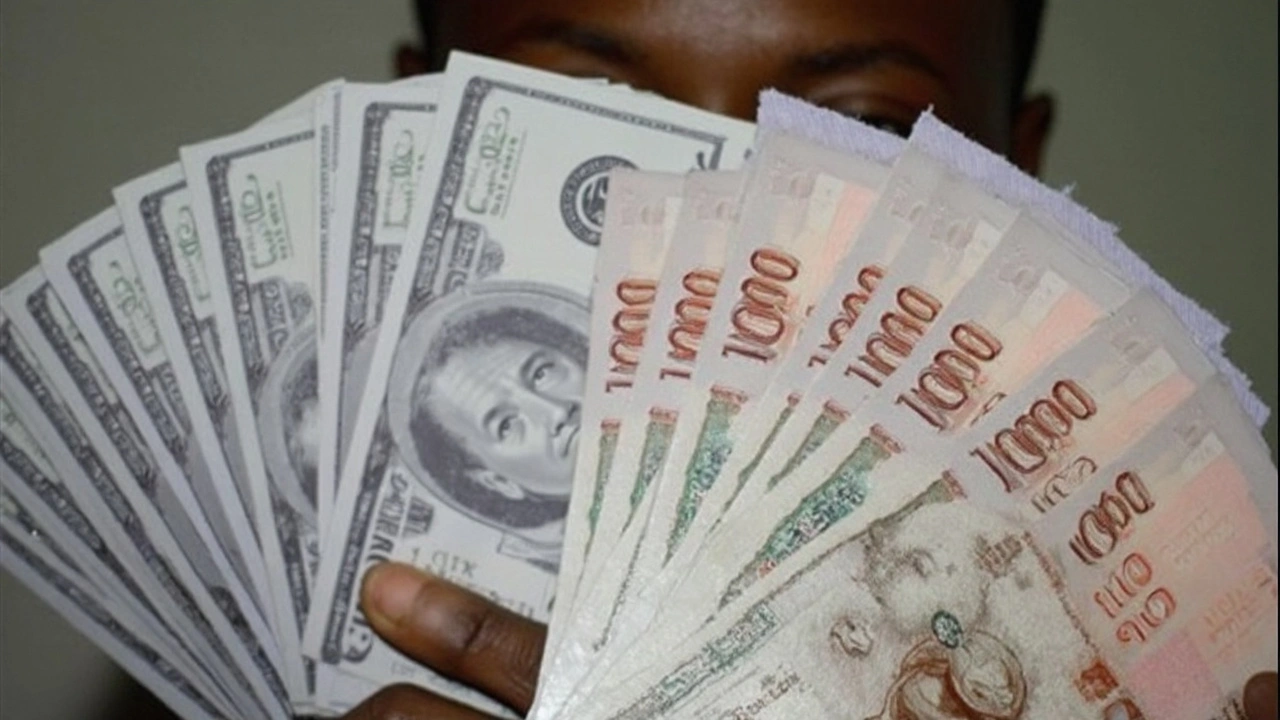
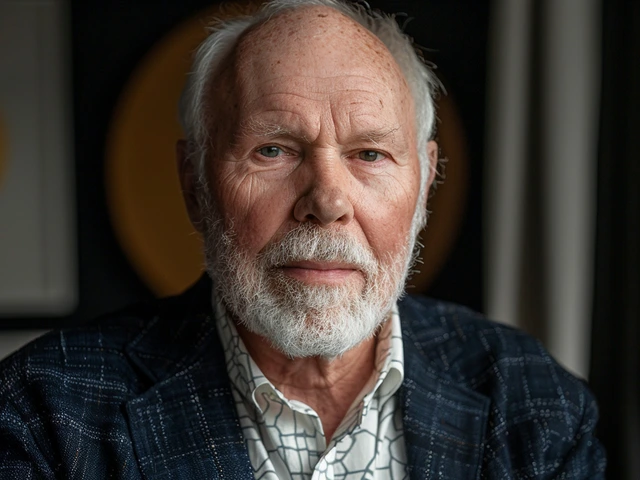
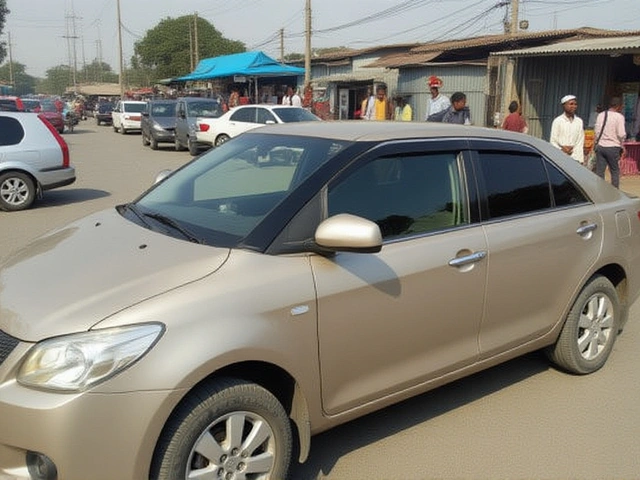
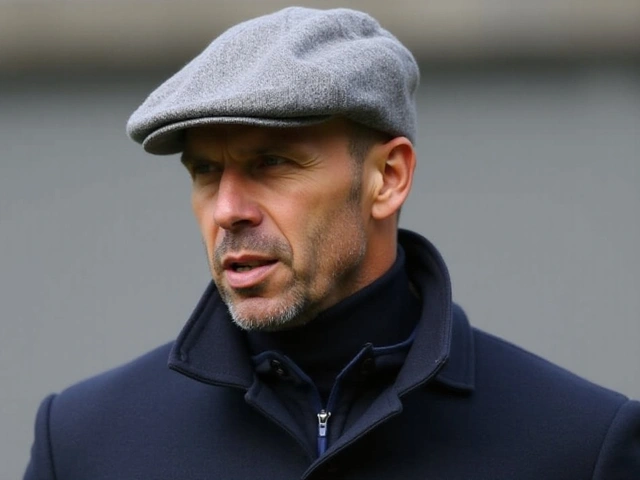
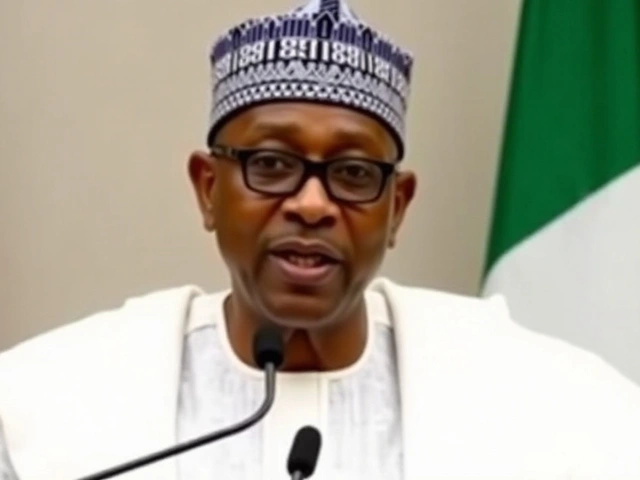
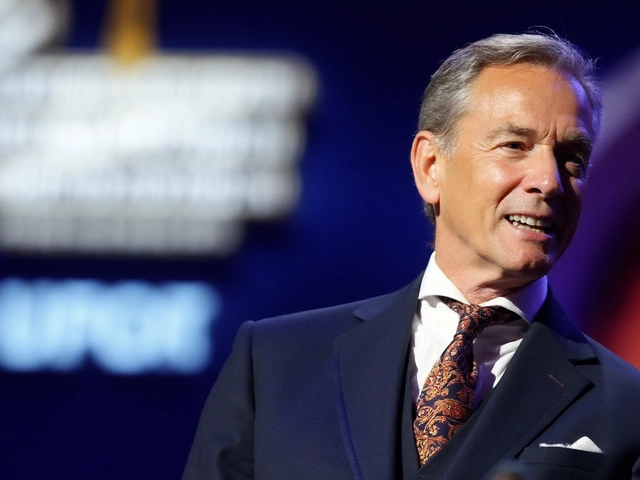
Megan Riley
May 21, 2025 AT 19:14 PMWow, the CBN finally took a breather! This is a huge relief for anyone who's been watching their loan rates jitter like a nervous cat.
Remember when rates were climbing faster than a kite in a hurricane? Those days are finally easing up.
Take this pause as a chance to re‑evaluate personal finance strategies – maybe start that emergency fund you keep postponing.
Even though the gap between official and parallel FX rates is almost gone, keep an eye on the market; volatility can creep back in when you least expect it.
Investors should consider diversifying their holdings now that the central bank signals a steadier outlook.
It's also a good time for businesses to plan expansions without fearing sudden cost spikes.
Don't forget to celebrate small wins – a stable rate is a win for every Nigerian trying to budget.
Stay optimistic but vigilant, because the market loves to surprise you.
Keep track of inflation trends; if food prices keep cooling, your purchasing power will improve.
Take advantage of the higher external reserves – they could translate into more credit flow soon.
Watch out for policy shifts; the CBN might adjust reserves if the economy takes a new turn.
Use this period to strengthen financial literacy – the more you know, the better you can navigate future changes.
Be cautious about any rumors of upcoming rate hikes; the central bank’s messaging has been pretty clear.
Overall, this hold is a positive sign that the worst may be behind us – at least for now.
Enjoy the calm, but keep your financial plan flexible!
Lester Focke
May 26, 2025 AT 10:20 AMOne must observe the underlying macro‑economic architecture that underpins this apparent stabilization; the convergence of the official and parallel exchange rates is not merely a statistical curiosity but a manifestation of rigorous monetary discipline, which, in turn, begets investor confidence. Moreover, the augmentation of foreign reserves to the magnitude of $38 billion is emblematic of a judicious balance‑of‑payments recalibration. This confluence of factors, when examined through the prism of heterodox economic theory, suggests a nascent equilibrium that may endure, provided that fiscal prudence remains unassailable.
Naveen Kumar Lokanatha
May 31, 2025 AT 01:27 AMThe data definitely shows progress the fx gap almost vanished and inflation easing yet we must stay cautious because policy shifts can happen suddenly the central bank still holds a lot of levers they could adjust if needed also the increase in reserves is a good sign for future credit flow but it doesn't guarantee immediate relief for households dealing with high costs the overall tone is hopeful yet measured
Alastair Moreton
June 4, 2025 AT 16:34 PMAnother day, another rate hold, classic.
Surya Shrestha
June 9, 2025 AT 07:40 AMIndeed, the convergence of the official exchange rate, now at N1,599 per dollar, with the parallel rate of N1,600 is a testament to the efficacy of the Bloomberg FX platform implementation; such precision, rarely observed in emerging markets, augurs well for sustained capital inflows, particularly from diaspora remittances, and warrants commendation indeed!!
Rahul kumar
June 13, 2025 AT 22:47 PMYo, the CBN taking a breather is a real chance for small biz owners to plan ahead without fearing sudden hikes this stability can spark new projects but keep tabs on inflation there’s still work to do especially on food prices and fuel the key is to use this window to build reserves and maybe explore export opportunities that could benefit from the stronger forex market
mary oconnell
June 16, 2025 AT 06:20 AMWhile the central bank touts the narrowing fx spread as a triumph of policy, one must question whether the structural underpinnings-such as import dependency and fiscal deficits-are being addressed in any substantive manner; without tackling those fundamentals, this apparent convergence risks being a fleeting statistical artefact rather than a durable transformation.
Michael Laffitte
June 20, 2025 AT 21:27 PMHold the press! The CBN finally pressed pause and the entire market collectively inhaled. Think of the collective sigh of relief echoing from Lagos to Abuja-it's almost cinematic. This could be the opening act for a new economic storyline where businesses finally get a breather to script growth chapters. Let's keep our eyes peeled; the next scene might just be a blockbuster!
sahil jain
June 23, 2025 AT 05:00 AMInteresting to see the fx market turnover jumping to $8.1 bn, but remember the underlying demand‑supply dynamics can still cause volatility. Keep an eye on the data; the market doesn’t love surprises.
Bruce Moncrieff
June 27, 2025 AT 20:07 PMSo many moving parts here-rate hold, reserves surge, fx gap closing-makes me wonder what the next policy pivot will be. Is the CBN gearing up for a gradual rate cut, or are they just buying time? The interplay between inflation trends and external inflows will be fascinating to watch.
Dee Boyd
July 2, 2025 AT 11:14 AMIt’s disconcerting how quickly we’re applauding a mere pause while the underlying socioeconomic hardships persist. The narrative that “the worst is behind us” feels premature without tangible improvements for the most vulnerable.
Carol Wild
July 7, 2025 AT 02:20 AMOne cannot help but wade through the labyrinthine tapestry of macro‑economic signals that the CBN has laid before us, each thread intertwining with the next, forming an intricate mosaic that, when viewed from a macro‑perspective, reveals a potential shift in the underlying monetary paradigm; however, this potential must be weighed against the entrenched systemic inefficiencies that have historically plagued the Nigerian financial architecture, including but not limited to the opaque allocation of foreign exchange, the persistent chasm between formal and informal markets, and the ever‑present specter of fiscal indiscipline that casts a long shadow over any nominal gains in reserve accumulation, thereby necessitating a cautious yet optimistic stance as we navigate these turbulent waters, mindful that the true test lies not merely in statistical convergence but in the lived experiences of citizens grappling with daily economic realities.
Rahul Sharma
July 9, 2025 AT 09:54 AMWhile the extensive analysis above paints a complex picture, the reality is clear: the CBN’s recent actions have created a genuine narrowing of the fx gap, and the bolstered reserves signal a healthier balance of payments-this is a decisive step forward that should be recognized and built upon without over‑complicating the narrative.
Emily Kadanec
July 14, 2025 AT 01:00 AMActually, the data shows that the fx gap was already narrowing before the recent rate hold; the recent policy just accelerated a trend that was inevitable given the market forces at play.
william wijaya
July 18, 2025 AT 16:07 PMIt's heartening to see the central bank taking a measured approach; the steadying of rates and the rise in reserves can provide much‑needed confidence for everyday people trying to make ends meet. Let’s hope this translates into real‑world improvements, especially for those most affected by high food prices.